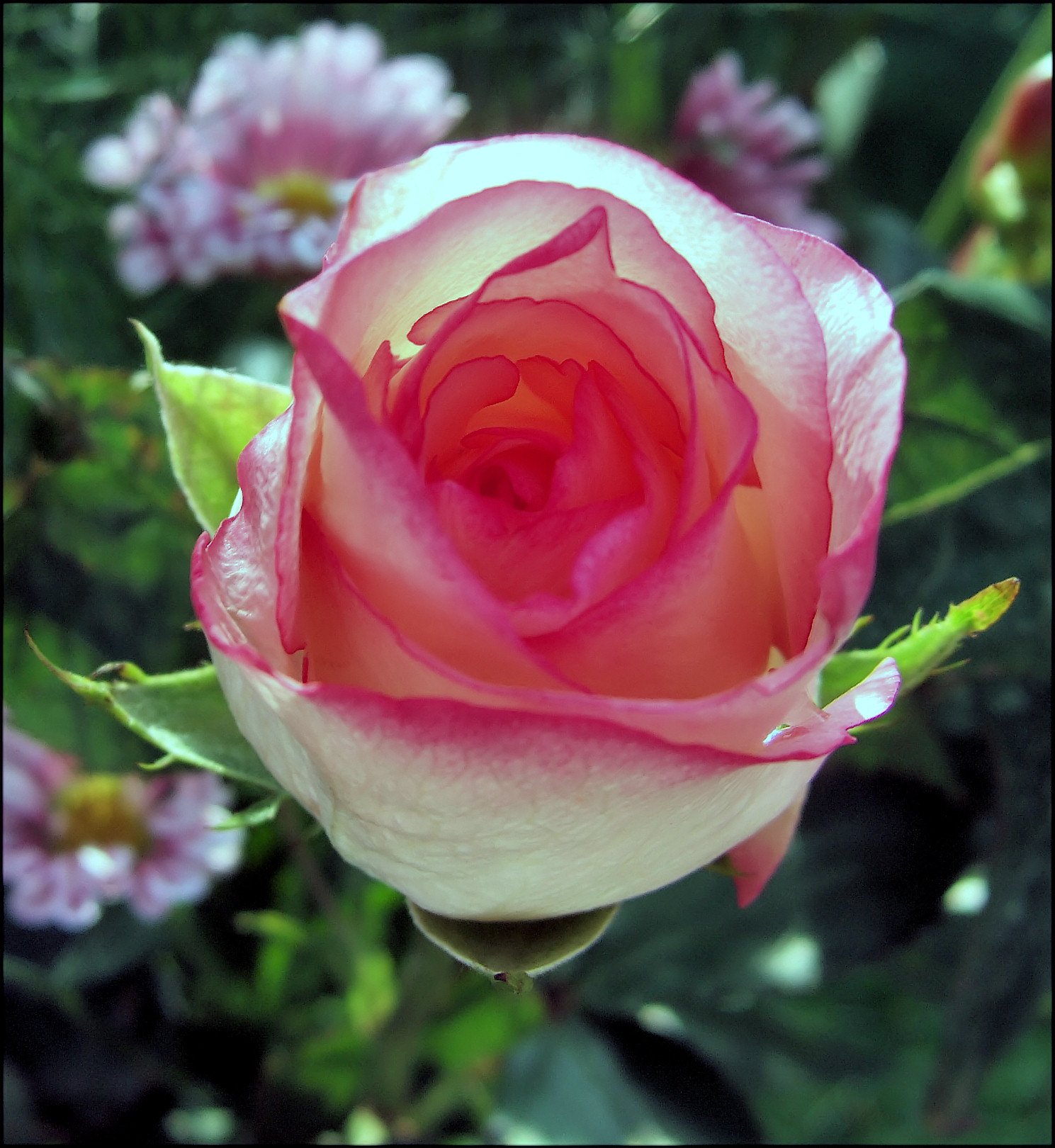
Rose planting and growing tips
When you want to decorate your garden with the right balance of greenery and bright colours, you can’t go wrong with roses. These hardy plants are available in several varieties and colours. By growing your own roses in your garden, you will have a wonderful outdoor sanctuary and fresh flowers that you can always bring inside your home! Dried rose petals can also be used to make your own potpourri. There are so many uses for these amazing flowers that you’ll wonder why you never grew any of your own before!
Like other plants, planning your rose garden is essential. You need to ensure that the area of your garden that you have in mind is able to satisfy the needs of this plant. Sunlight is one of the most important factors and your roses need at least 6 hours of sunlight each day. The soil also needs to be just right so you might want to remove some of the existing soil and replace it with fresh soil full of nutrients.
Different types of roses prefer to be planted during different times of the year. For example, you can plant bare root roses towards the end of winter. If you buy roses in containers from your nursery, however, they should be planted during the early spring months. It’s also a good idea to know exactly what type of rose you plan on planting so that you can conduct a fair amount of research to ensure best results. Not only should you check the planting guidelines,but also the general care instructions to ensure that your plant thrives.
The pH level of the soil is also really important when it comes to growing roses. It needs to offer very good drainage as well. Roses need to be watered regularly but you need not overdo it. The best time to water is in the morning or evening. If you water during the day, your plants can burn. Any dead or dying plant material or flowers should be removed promptly and you should always watch out for signs of disease. Ask a professional about solutions to help keep bugs away. Remember, there are natural solutions out there that are far better for the environment than harsh chemicals.
